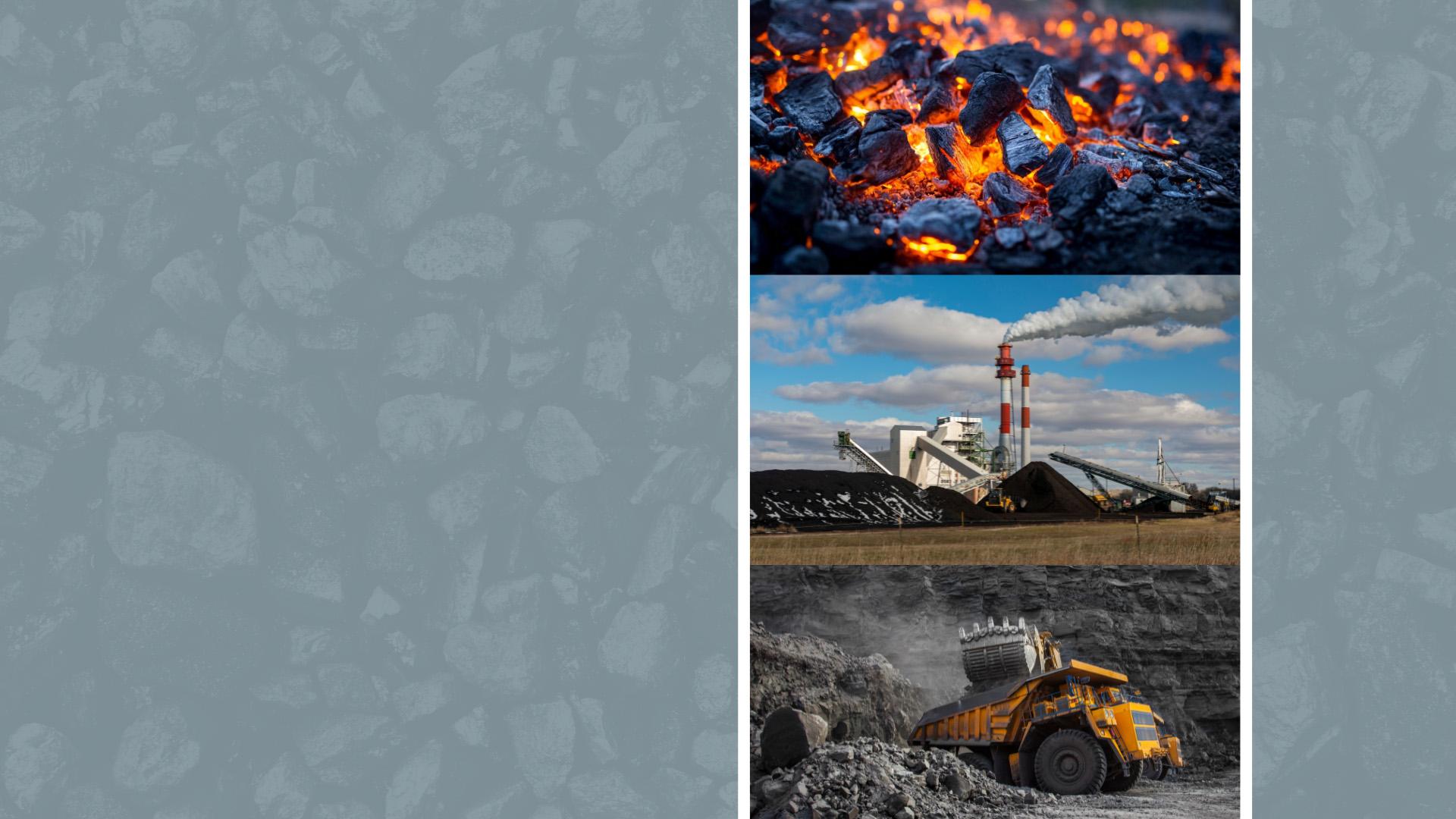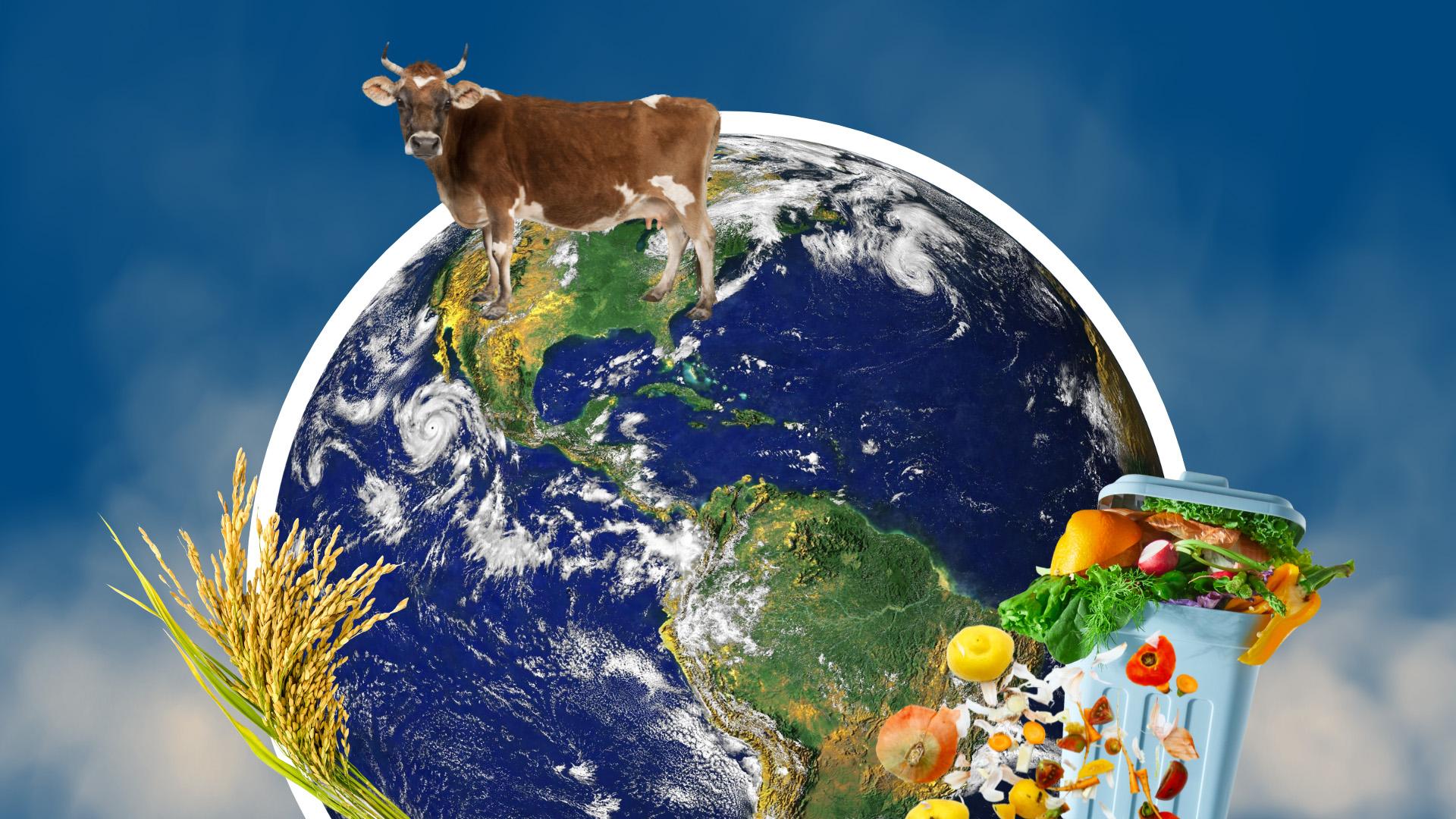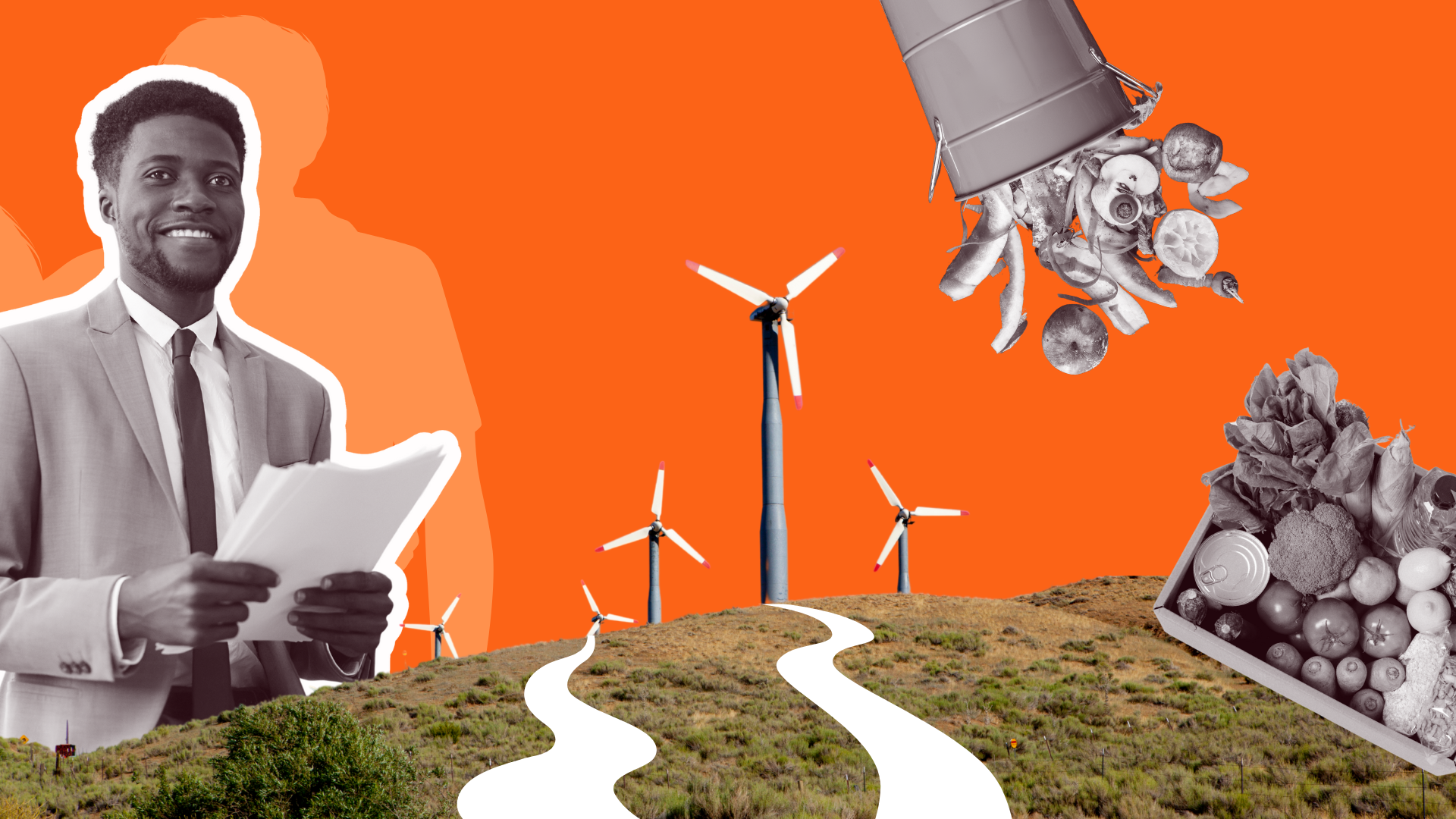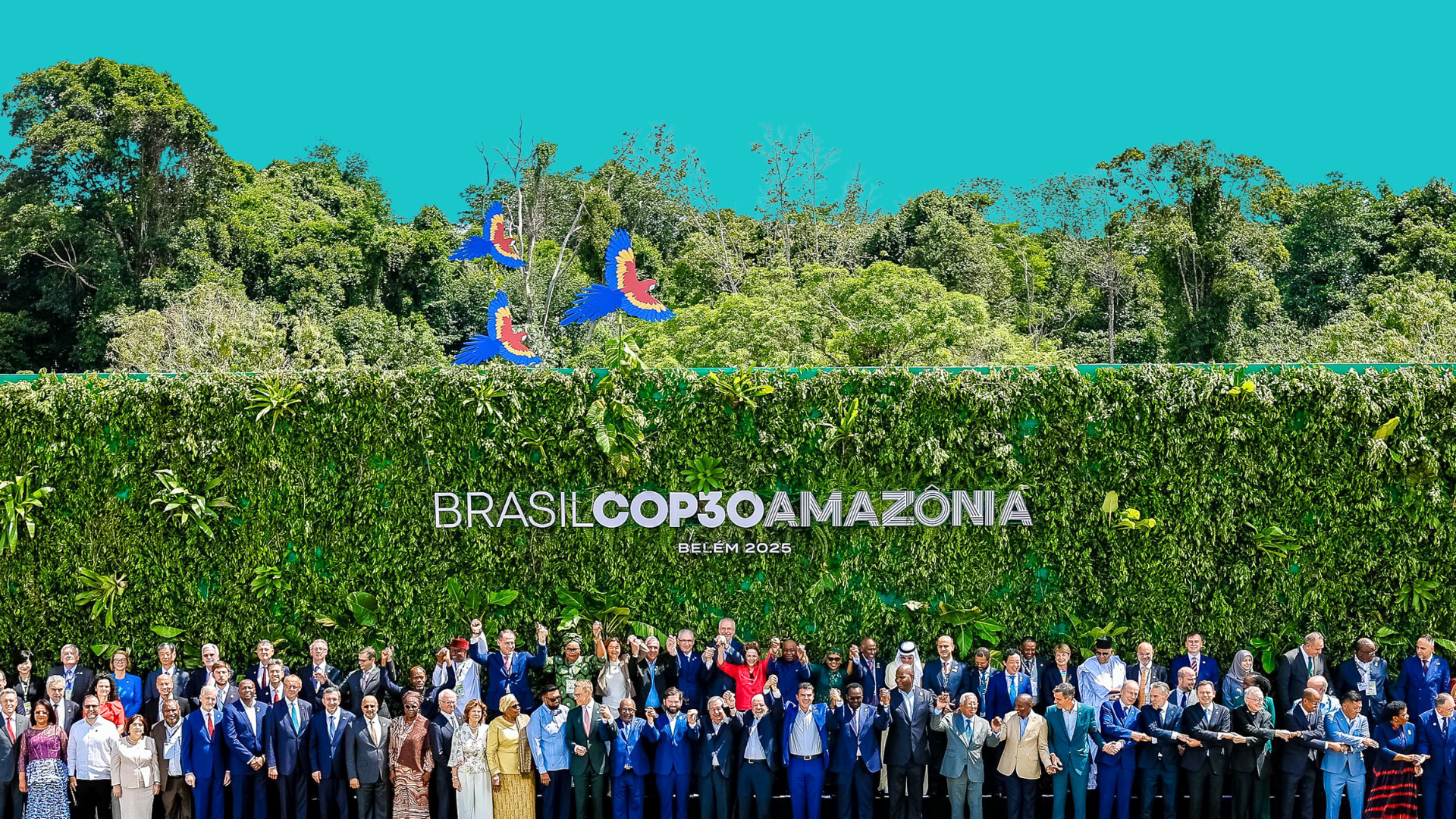2. The world’s most vulnerable receive a (scant) safety net
Another important decision to come from COP28 was the establishment of the Loss and Damage Fund, which is meant to provide financing for low- and middle-income countries (LMICs) dealing with the consequences of climate change such as extreme weather and sea level rise.
The Fund’s formation comes after more than three decades of persistent advocacy from LMICs which have contributed the least to climate change yet often face worse impacts and have fewer resources to cope than high-income countries.
This is a big step forward in acknowledging the needs of LMICs. However, the structure of the fund and current funding levels leave much to be desired. Despite requests for a standalone and more democratic host, the fund will be housed in the World Bank, which will ultimately lack independence and could be less accessible to impacted communities. Current funding levels hover around US$700 million, a paltry 0.2% of what experts say will be required to account for all climate change-driven damages.
3. Efforts to transform our food systems must accelerate rapidly
For the first time, COP28 dedicated an entire day for negotiators to discuss food systems transformation and, for just the second time, the conference featured a food systems pavilion. Considering that food accounts for about one-third of global emissions, we must accelerate some difficult conversations regarding industrial agriculture practices and food systems.
Encouragingly, over 150 countries signed onto the Emirates Declaration on Sustainable Agriculture, Resilient Food Systems and Climate Action, which recognizes the impact of food systems on the climate and requires each signatory to incorporate food into their national climate plans – known as Nationally Determined Contributions – that are required under the Paris Agreement.
Building off this momentum, Brazil, Norway, Sierra Leone, Cambodia, and Rwanda founded the Alliance of Champions for Food Systems Transformation which seeks to hold countries accountable for reporting on the sector. To aid these efforts, the UN’s Food and Agriculture Organization (FAO) released its roadmap which is meant to provide a global vision for transformation; more detailed regional views, financial estimates, and country-level plans are expected at future conferences.
The many food-related developments at COP28 demonstrate the serious, urgent, and concerted efforts necessary to address both the impacts of our food systems on climate change as well as the effects of climate change on food security. The flurry of activity is also, no doubt, an admission that we have a lot of lost time (i.e. the previous 27 conferences that ignored the issue) to make up for.
4. The conversation on health and climate is just beginning
Similar to food systems, the two-way relationship between health and climate is an issue that has long been pushed to the wayside in official negotiations. Fortunately, it also made some progress this year.
COP28 marked the first time that a full day was devoted to discussing the impacts of climate change on human health. The conference also hosted health ministers who, for the first time, sat at the table alongside their environmental colleagues. The ministerial meeting encouraged countries to integrate health concerns into global climate actions and conversations, and over 120 countries signed onto the UAE Climate and Health Declaration, which emphasized these points.
Human and planetary well-being are deeply interconnected. The health-focused discussions at COP28 were an important first step, but much more work is needed to align climate and health agendas going forward.
5. The attention on methane is growing
Methane is a powerful greenhouse gas that is over 80 times more powerful as a warming agent than carbon dioxide during the first decade or so that it’s in the atmosphere. According to the IPCC, methane is responsible for about a third of the global warming we experience today.
COP28 saw slight progress on this issue. Almost 50 oil and gas companies signed a pledge to reduce methane leaks and flares – a significant source of emissions – to “near zero” by 2030. Notably, the companies agreed to independent verification of their efforts.
While the pledge represents a step in the right direction, it does not address the unavoidable emissions that stem from the use of fossil fuels. As a result, The pledge received extensive criticism from the UN Secretary-General and civil society.
The United States took the occasion to announce new national regulations on leaks and flaring. And before the conference, the U.S. and China signed a joint agreement that included intentions to cooperate on reducing methane emissions.
Given the short life span and powerful nature of methane, it is essential that we begin to cut emissions quickly in order to reach international climate goals and reduce the short- and long-term impacts of climate change. While COP28 produced positive steps on methane, the core issue of relying on polluting fuels remains; efforts to improve efficiency, while welcome, will not be enough.
Conclusion
With every step forward on key issues at COP, it seems we take two steps backward. Opening up crucial conversations can often mean they become commandeered by special interests or geopolitics, shifting the focus away from real, just, and equitable solutions.
One thing, however, has been consistently effective at moving these conversations forward: external pressure provided by scientists, Indigenous communities, frontline communities, and civil society at large.
We at Project Drawdown remain skeptical of the greenwashing efforts that often take place at these conferences, yet we also understand the importance of bridging science and policy.
That’s why we are pleased to announce that Project Drawdown has been granted observer status for future COP negotiations, which will give us more access and opportunity to leverage our scientific expertise to inform and engage policymakers. We would like to thank you and all of our supporters for helping make this possible.












